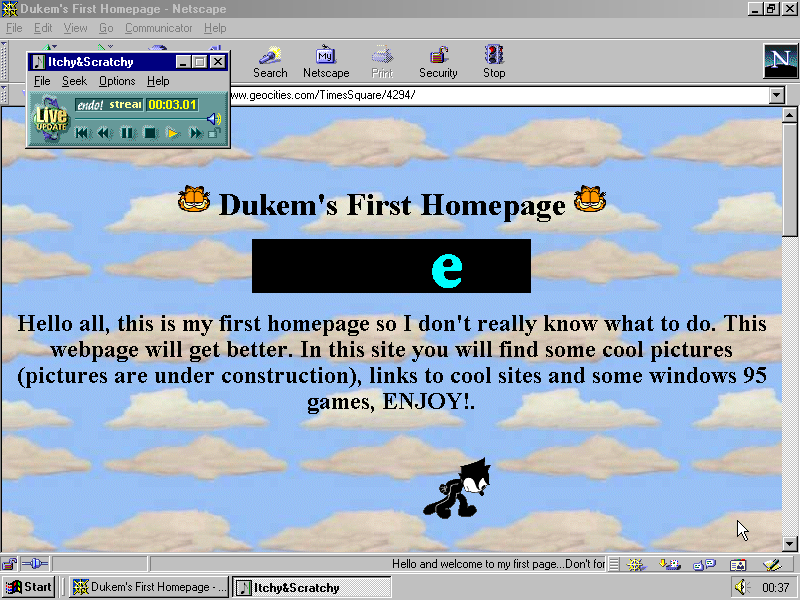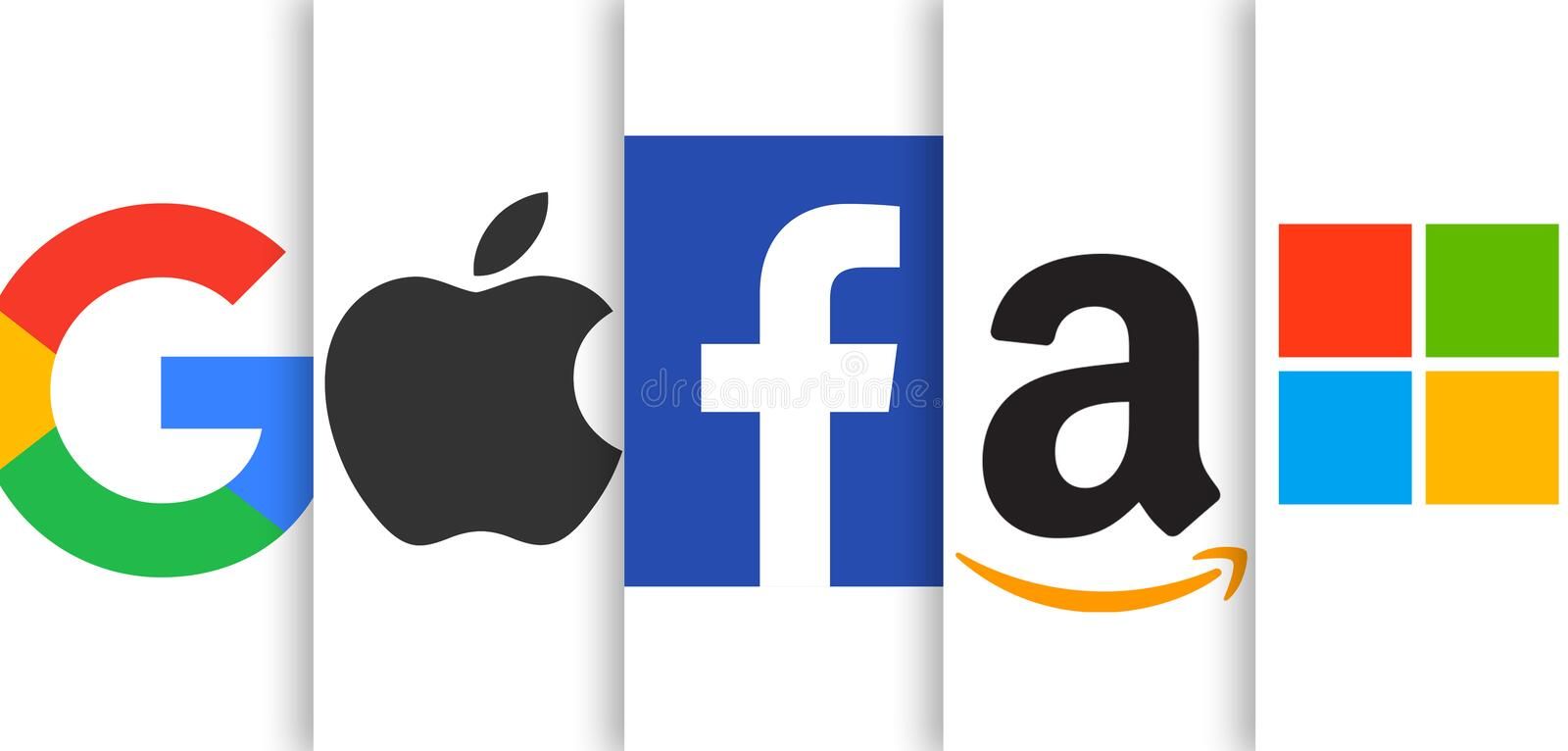Key takeaways:
- Web 3.0 is a terminology that is used to describe the new iteration of the internet. At the core, Web 3.0 is about decentralization and taking the ownership of the internet back on the shoulders of its users.
- Cryptocurrency plays a vital role in Web 3.0 because it enables the creation of a governance structure that was impossible for centralized products.
- While Web 3.0 draws a lot of controversies, most believe it has the potential of democratizing the internet.
Overview
The crypto community on Twitter was involved in a heated dispute at the end of 2021, involving some high-profile influencers such as Jack Dorsey, Twitter’s founder and former CEO, and Elon Musk, Tesla and SpaceX’s CEO. The subject was Web 3.0, an emerging sector that some believe will disrupt the existing internet, namely, Web 2.0.
Jack led the voice of the crypto enthusiasts against the misrepresentation of Web 3.0, with another camp composed of people in support of the emerging sector. The Twitter war successfully hit the news headline and bring the concept of Web 3.0 to the general public, including those who aren’t in crypto.
To people who aren’t following what’s happening in the crypto world every day, the first question that comes into mind when seeing/hearing the term even after multiple times would be…
What is Web 3.0?
Web 3.0, or web 3, is a terminology that describes a new era of internet-based applications. Think of it this way: The nascent days of the Internet in the 1990s were Web 1.0. The web was seen as a way to democratize access to information, but there weren't great ways of navigating it beyond going to your friend's GeoCities page. It was disorganized and overwhelming.

Then came Web 2.0 starting in the mid-2000s. Platforms like Google, Amazon, Facebook, and Twitter emerged to bring order to the Internet by making it easy to connect and transact online. Critics say over time those companies amassed too much power.

Web 3.0 is about grabbing some of that power back.
At the core of Web 3.0 are decentralization and ownership. Contrast with Web 2.0, where data and content are centralized in a small group of companies sometimes referred to as “big tech”, Web 3.0 places power on the shoulders of individual users. Individual users govern the underlying protocols, share in profit-making and decide the future of the internet, not the “big tech”.
Web 3.0 and cryptocurrency
Cryptocurrency plays a critical role in the idea of Web 3.0 because it enables the creation of governance structures that were previously impossible for centralized products. With the rise of DAOs, Decentralized Autonomous Organizations, users can transparently vote with their tokens on anything that requires implementation involving their favorite protocols and also earn rewards for their contribution to the platform’s growth.
Web 3.0 is already taking shape across a few sectors, such as DeFi, Gaming, and Art. In the world of DeFi, Web 3.0 has created on-chain financial products owned and governed by a community of users. Web 3.0 gaming has enabled the development of games that allow true ownership of in-game assets, thus rewarding users for their time and effort. Web 3.0 has also empowered artists to exclusively create and issue digital artworks in the form of non-fungible tokens (NFTs).
Controversies on Web 3.0
Some technologists and crypto enthusiasts have described Web 3.0 as a possible solution to concerns about the over-centralization of the internet. With supporting opinions like Web 3.0 could improve data security, scalability, and privacy beyond what is currently possible by Web 2.0 platforms, some are strongly “for” it.
Some legal scholars have expressed concerns over the difficulty of regulating a decentralized internet, which they reported might make it more difficult to prevent online crimes. Some other critics see Web 3.0 as a novel way for existing large capitals to collect more power and capital, and it is basically nothing more than a vapor air.
Despite the different opinions held for Web 3.0, like what usually happens with other technology at its nascent time, most would agree that Web 3.0 has the potential to put power back in the hands of users. Although the current landscape is criticism drawing, it can be significantly improved through the provision of infrastructure that makes it easier for anyone with access to the internet to onboard web 3.0 applications.
Investing in NFTs? Get early access to NFTures, the world’s first derivatives product that enables users to take long or short positions in individual NFTs like CryptoPunks, Art Blocks, and Bored Ape Yacht Club, or a basket of NFTs comprised of multiple assets.
Disclaimer: SynFutures Academy does not guarantee the reliability of the site content and shall not be held liable for any errors, omissions, or inaccuracies. The opinions and views expressed in any SynFutures Academy article are solely those of the author(s) and do not reflect the opinions of SynFutures. The SynFutures Academy articles are for educational purposes or information only. SynFutures Academy has no relationship to the projects mentioned in the articles except for SynFutures, and there is no endorsement for these projects. The information provided on the site does not constitute an endorsement of any of the products and services discussed or investment, financial, or trading advice. A qualified professional should be consulted prior to making financial decisions.


